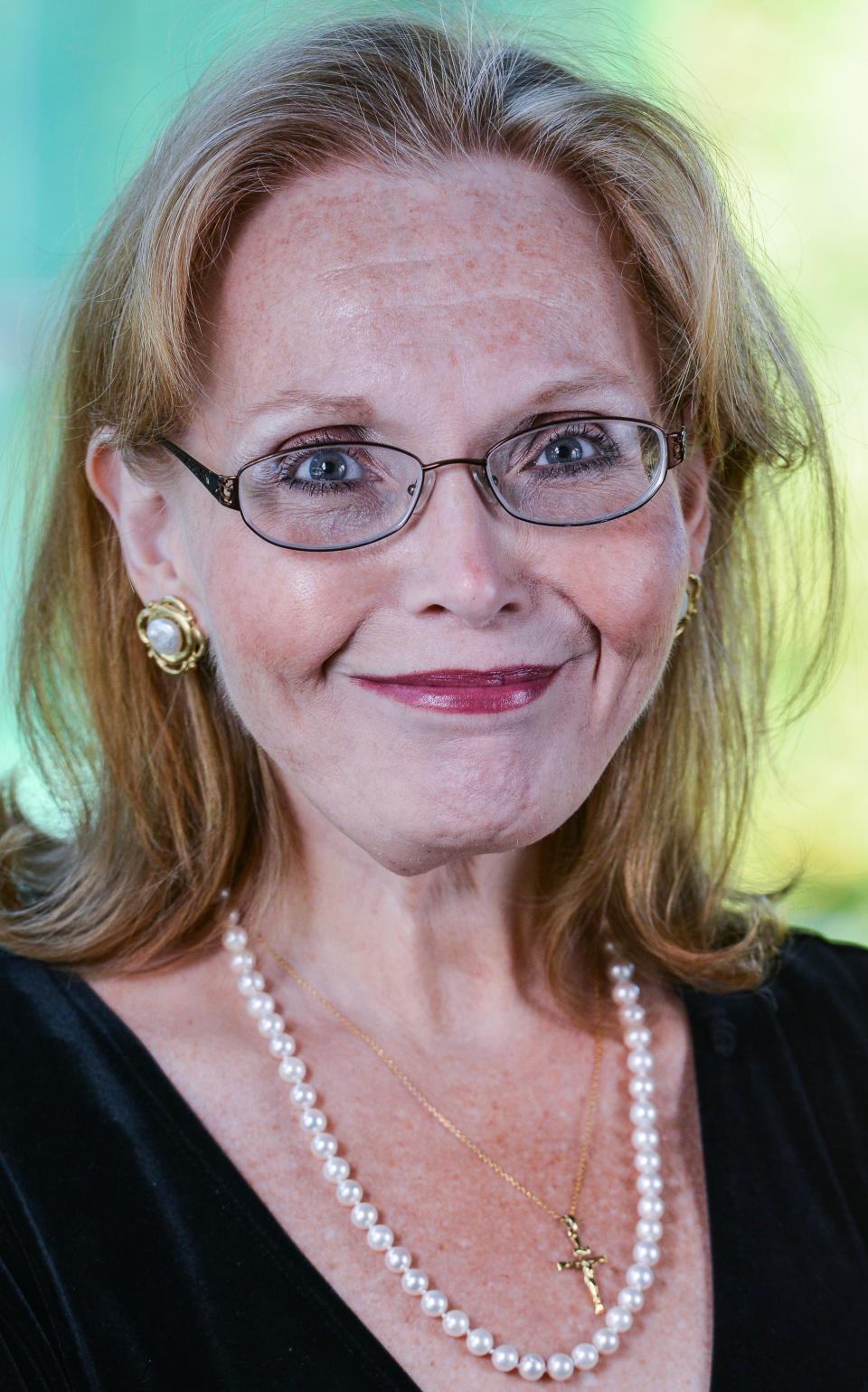Regulators keeping watch on factors that range from the pandemic to the climate
When Kathleen Birrane talks about insurance, the topics can veer from your auto and home policies to the pandemic and climate change.
Birrane is the state's insurance commissioner, leading the Maryland Insurance Administration. The agency's goal "is to provide efficient, effective service to both the consumers of insurance products and the insurance industry," according to its website.

Birrane made a swing through Western Maryland this week, meeting with insurance providers, business people and others. In a virtual interview, she said it was a productive trip.
For example, she said, owners of small businesses talked about practical problems, like the confusion over cyber insurance policies. They had questions about what those policies cover, what businesses need to cover and how all of that has changed since more commerce moved online during the pandemic.
It's pretty clear that a bank needs insurance protection focused on cybersecurity and its customers' private information, she said. But what about the local clothing store that has started selling items online during the pandemic and is now collecting more information about its customers?
"What is the need of that organization, both in terms of what they should be expected to do to protect themselves from hacking or for other risks, and what kind of insurance products exist for them?" Birrane asked. "And when do they need them? How do you do that cost-balance ratio?"
There are not a lot of answers to those questions at the moment. Birrane said the agency will work with small businesses on a presentation about them.
"Cybersecurity hygiene, if you will," she said.
'Navigate their insurance needs'
Providing such information is one of the agency's main functions, she said. Among other things, the agency produces consumer buying guides to help people compare and shop for coverage.
"I can't tell you what you should buy for your Subaru, but we can tell you how to shop, and we can tell you what to consider, and we can give you tools," she said.
"Also if you are having a problem, if you can't get your claim paid or you think that you've been ignored or you're not being fairly treated, we have complaint units that resolve those issues every day of the week."
The agency is not funded through taxes. Its money comes from licensing fees and other charges. In fact, Birrane said, the agency gives money to the state's general fund.
In addition to its website and public outreach efforts, the agency has a presence on social media.
"We really are available to help individuals and to businesses to help them navigate their insurance needs," Birrane said.
'It's something that we have to be concerned about'
The COVID-19 pandemic raised more questions about insurance as patients and their health providers relied more on telehealth online visits to avoid in-person contact that might spread the disease.
"Telehealth has the potential to address a bunch of problems and a bunch of barriers," she said.
At the same time, it also raises potential problems, particularly for those who don't have access to the proper computer equipment or broadband internet service.
Some of those problems also touch on insurance, such as whether such visits will get in-network rates under patients' insurance coverages.
"It's something that we have to be careful about, because we don't want to create a paradigm where people are essentially told, 'Well, if you want to access this kind of care at this price, you have to do it via telehealth' if that's not a practical solution for that person," she said.
There also are concerns about children getting mental health services via telehealth. She said it's "often very, very difficult to get a child to appropriately access mental health care through a remote setting."
Two buckets for climate change
Birrane's office also has to keep tabs on climate change, which affects insurance in whats she called "two buckets."
The first bucket is filled with the traditional roles of insurance as what she called "a risk financier and a risk manager."
In short, insurance companies cover losses, such as catastrophic losses from natural disasters.
The companies' capacity to finance those losses is tied to the size and number of losses. And the size and number of those losses have been climbing exponentially, she said.
Maryland has had its own experience in that area, she said, pointing to the 500-year flooding that happened twice in three years in Ellicott City.
"And that's not going to change anytime soon," she said. "Those things are continuing to occur."
At the same time, regions like California are using up a large part of the insurance capacity because of disasters such as wildfires.
Pandemic update: Number of COVID-related deaths falls, but new cases see uptick in parts of Tri-State
How big is big?: What would fit inside one of those million-square-foot warehouses? Quite a lot, actually
Season of giving: Hagerstown Salvation Army kicks off holiday red kettle campaign
The insurance industry's second climate change bucket is filled with the investments it must make to raise the money needed to pay claims. Regulators keep an eye on those investments.
As the global economy evolves because of climate change, those investment plans might shift.
"What percentage of (their) long-term investments are in sectors and areas that may be hit by this transition to a different economy?" she said.
"Insurance companies, because they are such huge investors, sort of have a unique role, as do other financial service sector entities" in the economy and in the transition, she said.
Mike Lewis covers business, the economy and other issues. Follow Mike on Twitter at MiLewis.
This article originally appeared on The Herald-Mail: Insurance regulators keep watch on pandemic, climate change

